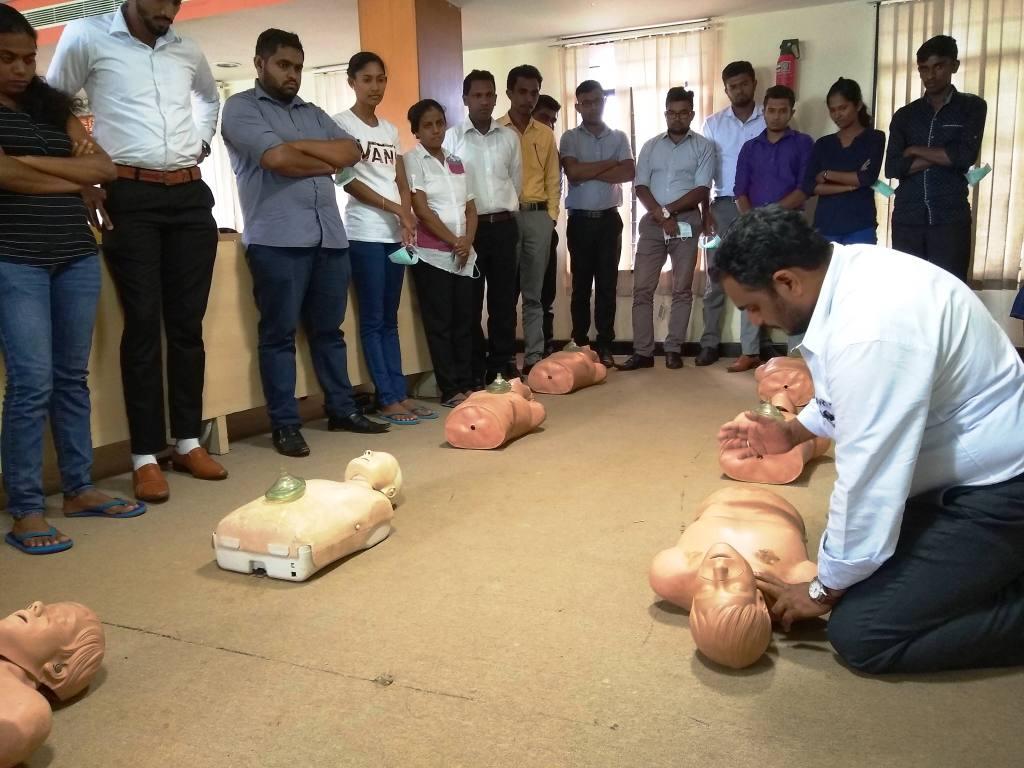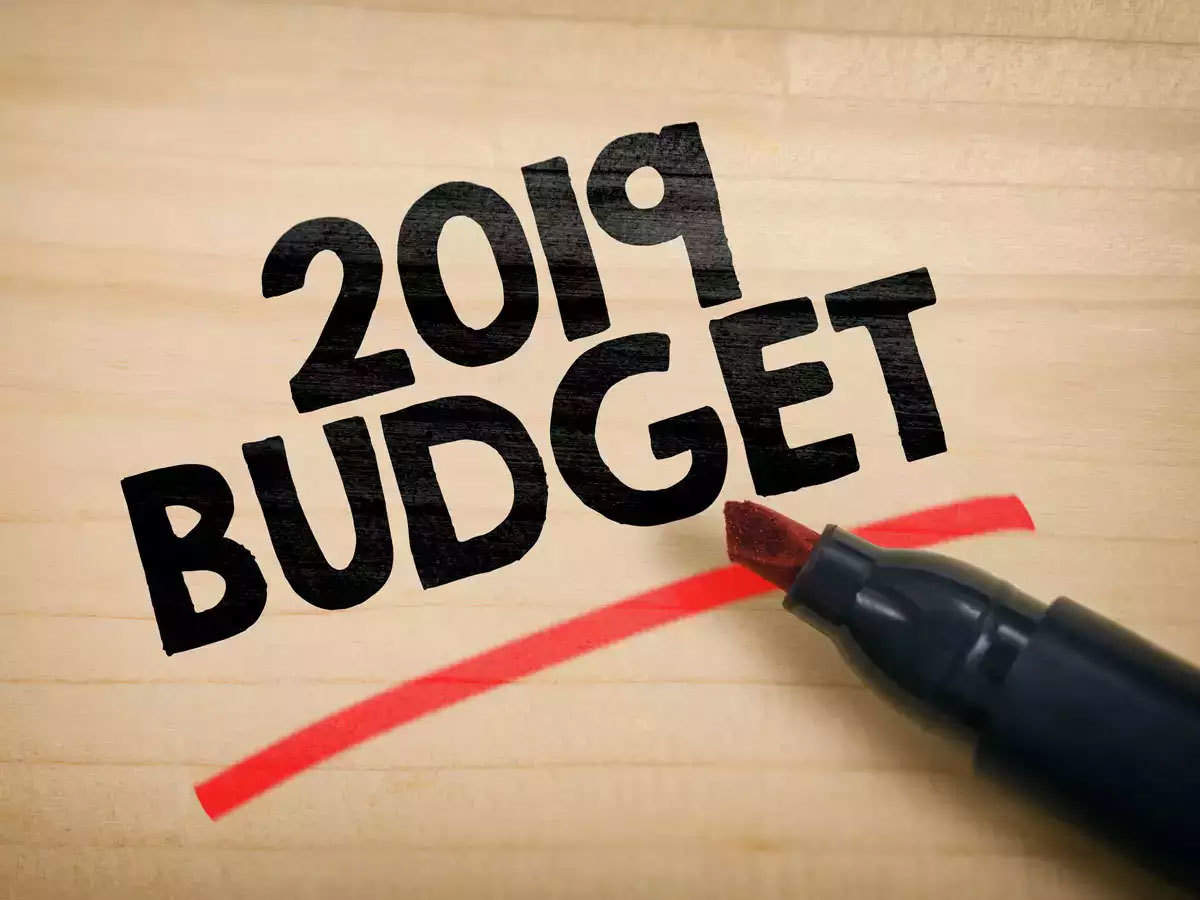
As a skilled medical practitioner, you wield the authority to be the initial bulwark against the covert threat of narcotic misuse and dependence. You also foster the wellness of local populations. As accessibility to prescribed drugs heightens, you must exert due care and prudence in protecting patients and thwarting addiction.
This article investigates how pharmacists can take the initiative in combating drug misuse and revolutionize their role in the struggle against dependency.
Cultivate empathy, not judgment.
Building rapport through compassion and understanding forms the foundation of a pharmacist’s capacity to affect patients grappling with addiction. People living with an Addiction people living with a substance use disorder frequently encounter monumental impediments when obtaining assistance, such as pervasive social discrimination and crushing self-doubt. With their combined knowledge and empathy, pharmacists are well-positioned to eliminate these hurdles and deliver comprehensive treatment plans.
Visualize a patient visiting your pharmacy, consumed by the hold of dependence. Instead of encountering resistance or a lack of concern, you provide a warm smile and a willing listener. Establishing an environment of security and absence of criticism enables patients to express themselves freely. Your actions allow those battling addiction to seek the guidance they need.
Beyond mere medication distribution, your position encompasses that of a trustworthy health advisor. Empathy enables you to form deep connections with your patients, which can turn them into crucial partners in their recovery journey. With an open mind, you can uncover their underlying issues and devise tailored remedies and resources to meet their demands.
Sharpen your knowledge
Increasing familiarity with the latest treatments and research forms the cornerstone of a pharmacist’s approach to addressing addiction. Your extensive training and understanding of prescription medicines enable you to identify subtle signs of potential misuse and take preventive measures against addiction.
New drugs and substance use patterns continue to emerge in the constantly evolving pharmaceutical landscape. Consistently engage in training sessions, conferences, and workshops to stay current with novel drugs, formulations, and potential side effects. Investing in knowledge expansion grants you a higher standing among peers and patients alike.
The University of Findlay offers a uniquely designed Distance PharmD program that combines the flexibility of online learning with valuable on-campus immersions and hands-on experiences in your local area. This online pharmacy degree program ensures that you are fully equipped to become a skilled and licensed pharmacist capable of enhancing the well-being of the patients in your community. Graduates of the PharmD program have various career opportunities in areas such as the pharmaceutical industry, academia, and both private and public sectors, where they contribute to advancing new medications and drug therapies.
Acquiring knowledge about the indicators of substance misuse is crucial for prompt identification. Learn to recognize the tangible and distinctive markers of abuse, such as expanded pupils, mood oscillations, novel social associations, and irregular conduct. Recognizing these warnings can expedite effective responses and guide patients toward proper treatment options.
Be a guardian of prescription practices.
Being a guardian of prescription practices is a fundamental responsibility that pharmacists have to prevent substance abuse and addiction. With their commitment to safeguarding medication, pharmacists must consistently follow guidelines and principles to ensure secure and responsible distribution. By maintaining a watchful eye, pharmacists can detect early warning signs of potential threats and counter them before they escalate into more severe issues.
Screening measures serve as a critical element in ensuring proper prescription handling. Carefully check the legitimacy of prescriptions, emphasizing the importance of verifying them for sensitive drugs and medications highly prone to misuse. Use PDMPs to investigate patients’ medicine histories, discovering indications of abuse or irregular physician conduct. Consistency in action protects prescription drugs from falling into unlawful hands.
Another aspect of being a guardian involves open communication with prescribers. Building solid ties with healthcare providers is vital for achieving optimal patient results. If you have doubts regarding a prescription, contact the prescriber to explore alternative treatments or clarify any confusion. You can form a strong front against prescription medication abuse and dependency, exchanging vital knowledge and ensuring that patients receive suitable and secure treatments.
Educate patients
One of the vital responsibilities of pharmacists is teaching individuals about the threats associated with narcotic addiction. Pharmacists’ extensive familiarity with medications enables them to enlighten patients on the correct usage of their prescriptions and the dangers of misusing them. Pharmacists can considerably contribute to better prescription practices and stronger communities by educating the public through their services.
A central element of patient instruction is clarifying medications’ objective and curative effects. Patients are more likely to follow their treatment plans diligently when they clearly understand the medicine’s functioning and health implications. Use straightforward language to explain how the medicine functions and what it seeks to combat. It is essential to follow the recommended protocol for maximum success strictly.
Informing patients about their recommended treatments’ possible drawbacks and dangers is equally crucial. There should be an honest disclosure of standard side effects, their gravity, and the probability of them happening. Emphasize the significance of patients acknowledging and conveying any adverse reactions without hesitation. By providing detailed knowledge, you empower patients to make good decisions regarding their medical care and therapy choices.
Encourage safe disposal
Responsible drug disposal is imperative to avoid harmful drug use and protect the environment. Pharmacists can significantly contribute to disseminating sound drug disposal habits among patients and the local populace. By promoting informed actions and responsible disposal techniques, you mitigate the potential dangers posed by unused medicines to both human health and the environment.
Patients should be provided with information on properly disposing of their medications immediately upon drug distribution. Educating patients about the dangers of keeping unused or old drugs in their homes is essential during medication distribution. Make it known that storing these drugs so that they are too easily accessible can unintentionally give rise to abuse or unintentional consumption, particularly in homes with minors or pets.
Promote the implementation of drug take-back initiatives in your neighborhood, either through your pharmacy or in partnership with local groups and law enforcement agencies. Individuals can now dispose of their drugs through these secure and private means. Your involvement in these programs safeguards the proper disposal of expired medicines, thereby preventing their potential harm to both water sources and ecosystems.
As protectors of medical expertise and drug handling, pharmacists play a vital role in the fight against substance misuse and dependence. Empathy, knowledge sharing, and preemptive actions enable you to construct a stronger, more robust community.




